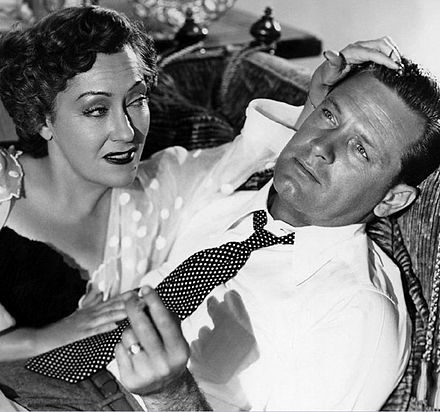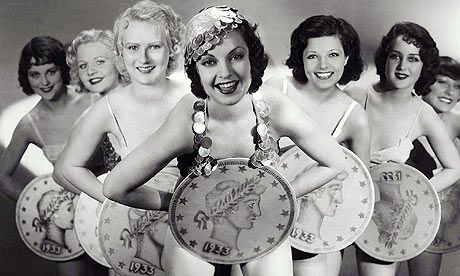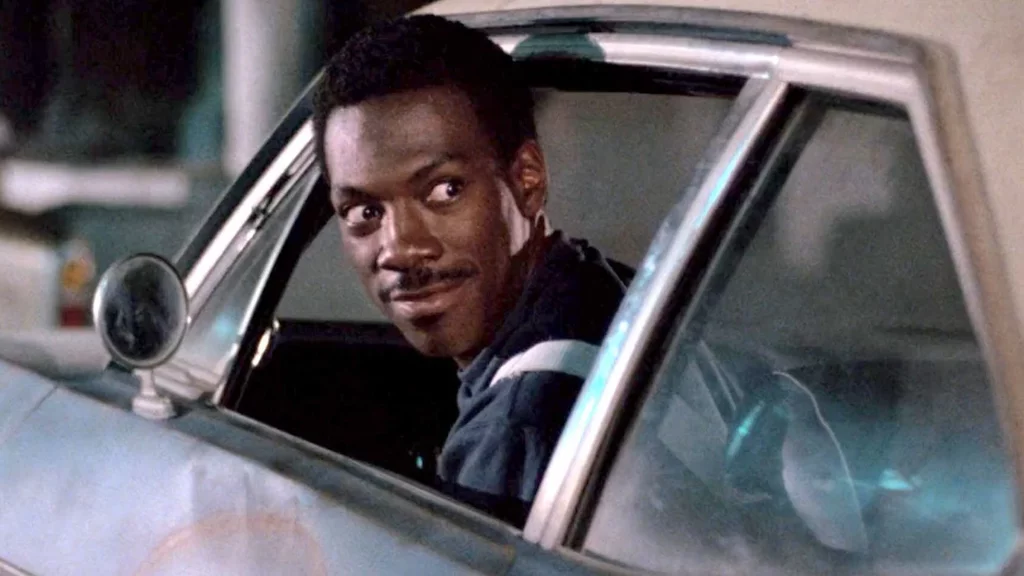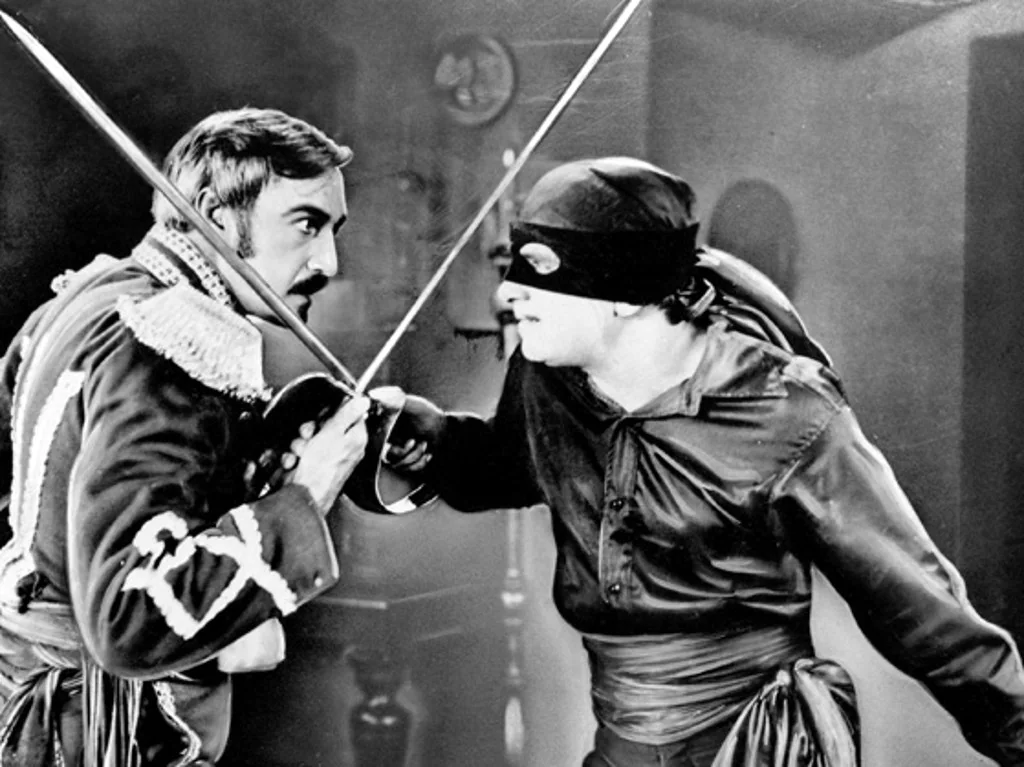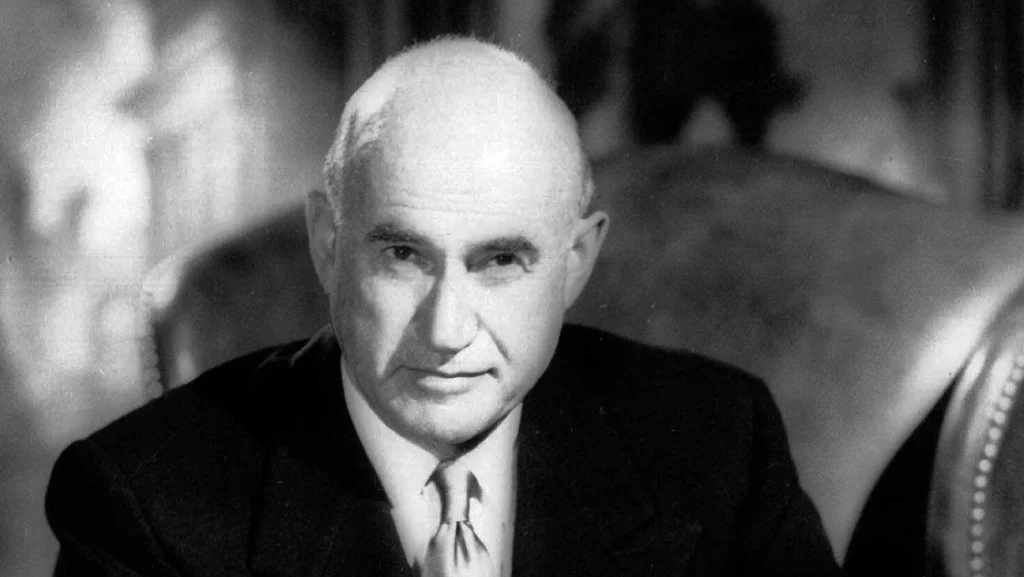Movies about moviemaking give moviegoers an inside look behind studio gates and, arguably, no one’s done it better than Billy Wilder did 71 years ago in “SUNSET BOULEVARD.”
“SUNSET” premiered Aug. 10, 1950, via Paramount Pictures at New York’s Radio City Music Hall, enjoying critical and audience success. A seven-week run at Radio City generated ticket sales of just over $1M, making it one of the iconic movie palace’s biggest hits. Time magazine applauded it as a story about “Hollywood at its worst told by Hollywood at its best.” That view was echoed in 1998 when it ranked 12th on the American Film Institute’s list of the 100 best American films of the 20th Century. Its Rotten Tomatoes scores are an enviable 99% with critics & 95% with audiences. RT calls it, perhaps, “the greatest movie about Hollywood…a tremendously entertaining combination of noir, black comedy, and character study.”
Wilder, who went on to make other classics like “THE SEVEN YEAR ITCH” (1955) with Marilyn Monroe & “THE APARTMENT” (1960) with Jack Lemmon, co-wrote & directed “SUNSET.” It’s the story — no spoilers here — of the unlikely and ultimately tragic relationship between a struggling young screenwriter (William Holden as Joe Gillis) and a fading former silent film star (Gloria Swanson as Norma Desmond) desperate to make a comeback. Among the film’s best-known supporting players: Cecil B. DeMille (as himself), Erich von Stroheim (as Norma’s devoted butler Max) & Hollywood gossip columnist Hedda Hopper (as herself).
Not surprisingly, the Motion Picture Academy found much to celebrate in “SUNSET,” giving it 11 nominations, including best picture, director, screenplay, actress (Swanson) plus all three other acting categories. Those 11 noms were, at the time, second only to the 14 noms that went to another 1950 inside show biz movie — Joseph L. Mankiewicz’s classic “ALL ABOUT EVE,” starring Bette Davis as a troubled aging Broadway star. “EVE” went on to win six Oscars, including picture & directing. “SUNSET” won three Oscars — art direction, screenplay & music. Oscar analysts had expected Swanson or Davis to triumph, but neither did. Instead, Academy members surprised everyone by voting for newcomer Judy Holliday’s performance in George Cukor’s comedy “BORN YESTERDAY.” Davis, commenting afterward, suggested that the similar characters she and Swanson played “canceled each other out,” thus enabling Holliday’s victory.
“All right Mr. DeMille, I’m ready for my close up” – Gloria Swanson as Norma Desmond

